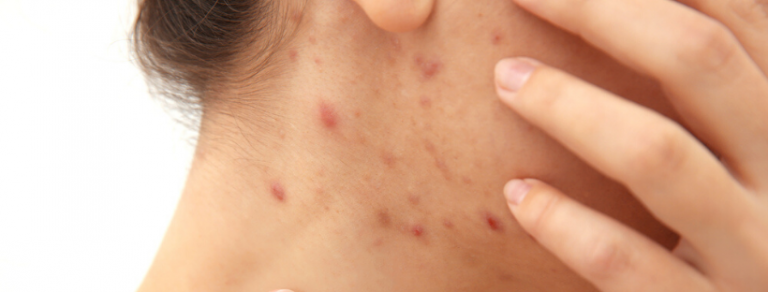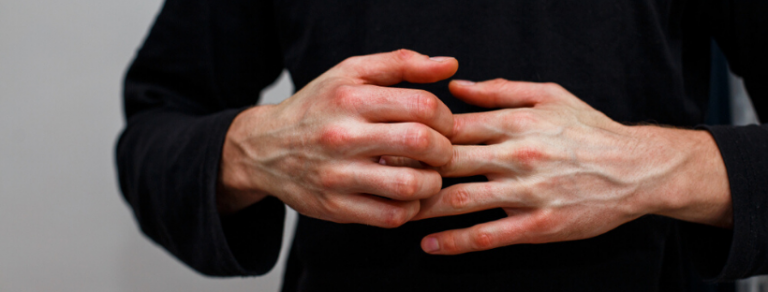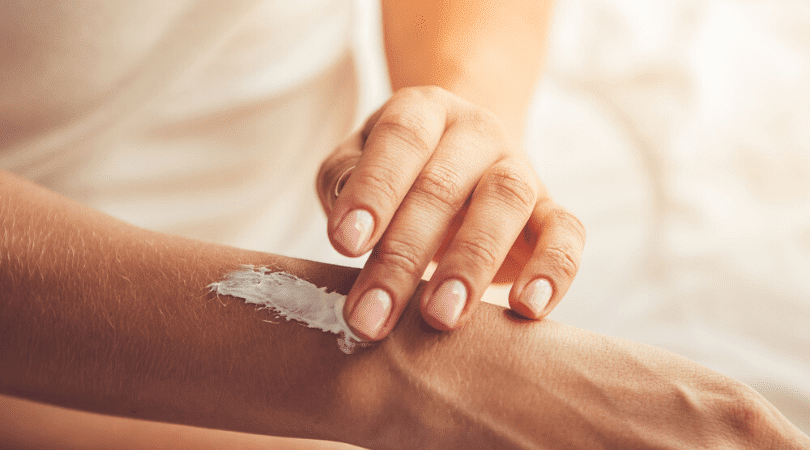CBD has been connected to many potential benefits, including for the skin. Most of the possible positive effects of CBD still require more research to confirm, but there is plenty of anecdotal evidence in favor of CBD’s potential in this respect.
Furthermore, CBD has minimal side effects, and most people will not notice any unless they are on one of the few medications that interact with CBD. As such, there is no harm in trying CBD for one of the following skin problems, at least for most people. The following are some of the skin problems that you may be able to solve, or at least see a dramatic reduction in, with some help from CBD.
What Is CBD?
Before getting into the skin problems that CBD may help with, you should have a better understanding of CBD. This is the abbreviation for cannabidiol, the main non-psychoactive cannabinoid in cannabis and hemp. CBD is not psychoactive, does not show up on drug tests, and is legal in many areas. Even areas where marijuana is illegal, allow for legal CBD, provided it has less than 0.3 percent THC. The United States is one of these examples where CBD is permitted at the federal level.
With that in mind, what skin problems can you solve with CBD?
Acne
Skin impurities such as acne can affect people of all ages, occurring well into adulthood for many people. In most cases, adult acne is due to hormonal imbalances, improper skin care, an unhealthy diet, or stress. Acne occurs due to a combination of specific bacteria and increased sebum secretion. Sebum helps protect the skin, but if you have too much, it can lead to acne.
Traditional treatments to fight acne can include regularly cleansing dead skin cells, regular physical activity, a healthy diet, and avoiding stress. CBD is also showing a great deal of promise in treating acne.
Part of this is CBD’s ability to reduce sebum formation within the sebaceous tissues. Early clinical studies show that CBD reduces this sebum formation. Given that excess sebum is the most common cause of acne, this is a crucial step in the treatment process.
Additionally, CBD has anti-inflammatory and antibacterial properties. Red acne can be due to inflammatory changes in the skin, so by fighting this inflammation, CBD may be able to reduce acne.

Bumps
Bumps, sores, and sensitive skin are commonly caused by the autoimmune system. On the face, bumps can contain pus or other fluids. Because of its anti-inflammatory properties, CBD might help treat bumps by the nose, cheeks, and eyes.
Dermatitis
Atopic dermatitis is a skin disease of an inflammatory nature that is most common in children. It affects around 10 percent of those under age six, and it is more common during colder months. People with dermatitis have itchy, red rashes.
The most common treatment for dermatitis is a corticosteroid cream. This will relieve the symptoms successfully, but it can also have adverse side effects. Additionally, atopic dermatitis usually returns as soon as you stop treatment.
CBD can potetially help with dermatitis thanks to its anti-inflammatory properties. The CBD binds with the endocannabinoid system on the skin, quickly targeting the issues. At the same time, CBD soothes the redness and itchiness associated with dermatitis.
Dry Skin
A range of skin problems can occur due to dry skin, which is another area that CBD may help with. CBD increases oil production enough to provide moisturization, even while it reduces sebum production.
Seborrheic Dermatitis
Seborrheic dermatitis most commonly affects the scalp and face. Those with this condition notice scaly and red skin by the hairline and scalp. It can also occur by the skin folds like knees and elbows and behind the ears. Increased sebum production in the sebaceous glands is the main culprit behind seborrheic dermatitis.
Research suggests that CBD could help with seborrheic dermatitis for some of the same reasons that it helps with acne, which is also caused by excess sebum production. Remember that CBD fights overproduction of sebum. As such, it may help fight seborrheic dermatitis at its cause.
Additionally, seborrheic dermatitis features the Malassezia fungus causing the skin cells to reproduce rapidly. Clinical studies show that CBD not only reduces sebum production but also minimizes sebocytes’ rapid reproduction. These are the cells in the sebaceous glands, and their reproduction is part of what effects when seborrheic dermatitis begins.

Psoriasis
Psoriasis is an autoimmune disease of a chronic nature. In this condition, the skin cells grow as well as divide at an increased rate. This rapid division typically leads to eczema appearing on the skin. These are typically red patches with silver outlines, although they may be brown or pink.
At the moment, there is no cure for psoriasis, although treatments can reduce its symptoms. Common treatments include moderating sun exposure and following a balanced diet. CBD is growing in popularity, with some early research showing that it can help with the overactive skin cell division. CBD’s anti-inflammatory properties also might help soothe the skin of patients with psoriasis.
Skin Sensitivity
Many people who experience sensitive skin will experience relief when they use CBD. CBD may help with reactivity, sensitivity, and redness, as well as other factors that irritate the skin. This ability comes from the cannabinoid’s anti-inflammatory and anti-oxidizing properties.
Wrinkles and Signs of Aging
Italian studies let us know that CBD contains plenty of antioxidants. Antioxidants are a crucial part of fighting aging, so this inclusion of antioxidants means that CBD may fight signs of aging naturally. CBD can potentially help with wrinkles, saggy skin, blemishes, dull skin, or ruddy skin, among other signs of aging.
How to Use CBD for Skin Problems
If you plan to try CBD for your skin problems, first make sure that you are not on any medications that interact with CBD. Those with a grapefruit warning may, along with a small handful of others.
Using CBD for skin problems is as simple as choosing a topical product that contains CBD. Some people prefer to buy CBD oil and put it in their favorite skincare products. Alternatively, you can purchase relief sticks, salves, gels, creams, soaps, lip balms, or other products that already contain CBD, saving you the effort of trying to mix CBD evenly into your product of choice.


[…] Posted in:CBD Previous article 7 Best CBD Beauty Products to Help You Relax Next article 8 Skin Problems That You Can Solve With CBD […]
[…] also been linked to potentially helping a number of skin disorders, such as eczema, psoriasis and […]
[…] lip balm may provide relief for many skin conditions that affect your lips; this can help to potentially ease pain, reduce inflammation, and […]